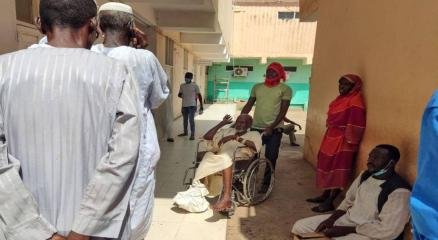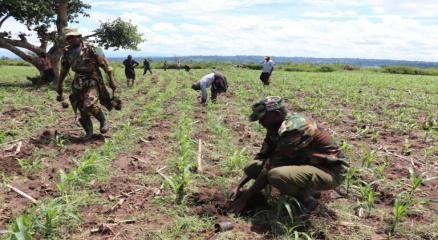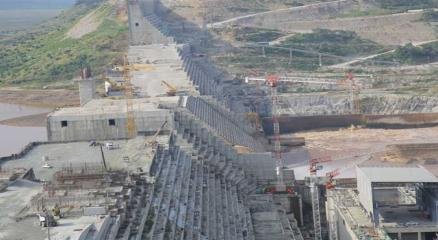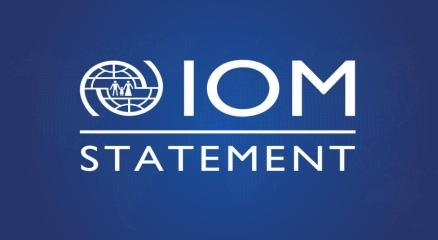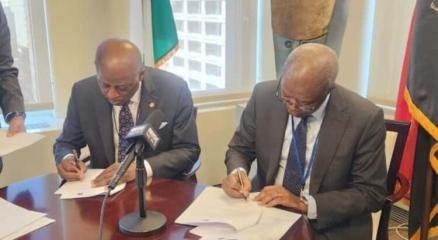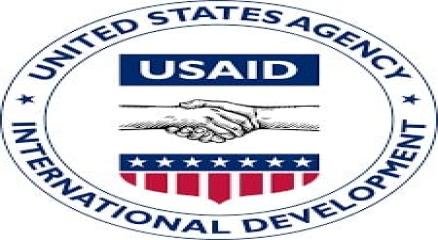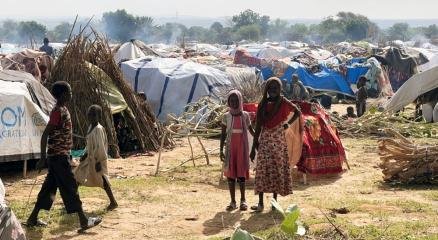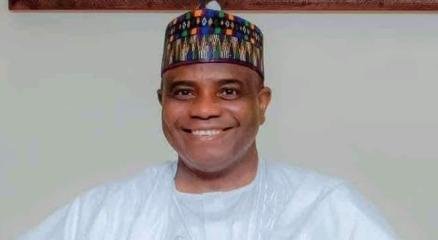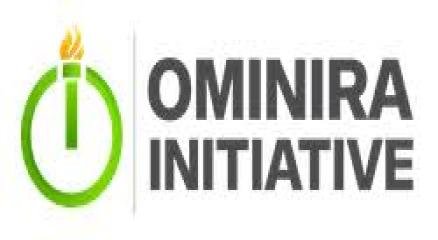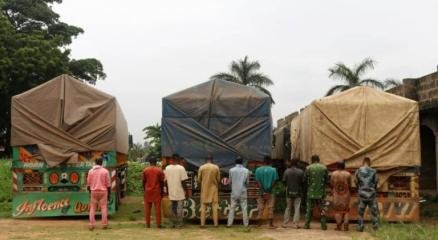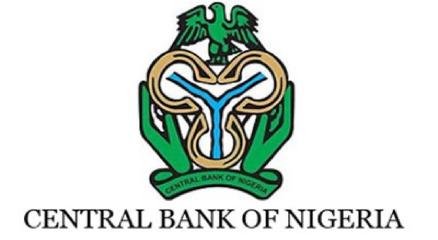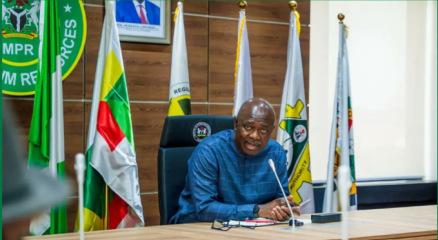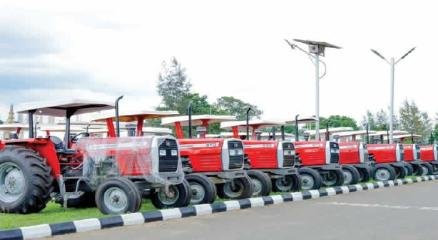The African Development Bank (AfDB) has greenlit a $5.3 million grant to strengthen the framework for public–private partnerships (PPPs) in four African nations Gambia, Guinea-Bissau, Madagascar, and Togo. Approved on June 27, 2025, this funding will be channeled through the Bank’s Transition Support Facility (TSF), specifically under Pillar III, which targets capacity building and technical assistance in fragile or transitional contexts.
The initiative revolves around three key pillars:
1. Transforming the PPPLandscape
By crafting a stronger, more appealing environment for private sector engagement, the project will enhance institutional frameworks and empower contracting bodies to negotiate balanced agreements.
2. Promoting Local Business Participation
By launching practical case studies, local enterprises will gain hands-on exposure to the PPP lifecycle—making them better equipped to participate in such collaborations.
3. Establishing a Project Management Unit (PMU)
A dedicated PMU will lead implementation efforts, ensuring oversight, strategic coordination, and effective delivery of results.
According to Solomon Quaynor, Vice-President of the AfDB for Private Sector, Infrastructure, and Industrialization, the funding reinforces the Bank’s broader strategy to elevate the private sector and improve governance across the recipient countries.
By investing in these PPP infrastructures, the AfDB is setting the stage for catalyzing private investment and enabling sustainable development across these fragile economies in West Africa and the Indian Ocean region.

